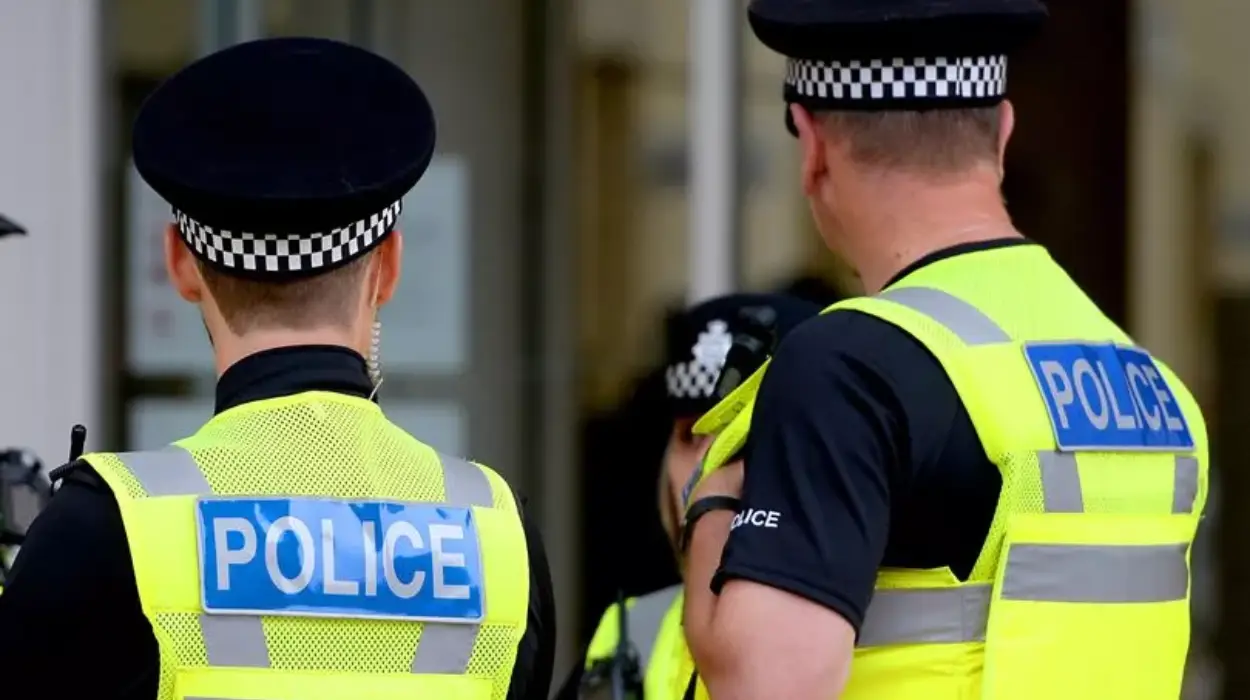Key Points
- A baby died from fatal brain injuries caused by violent shaking in East London.
- Court proceedings exposed a deeply toxic and abusive relationship between the parents.
- Both mother and father gave conflicting testimonies about the child’s injuries and care.
- Medical experts confirmed the cause of death was due to severe head trauma from shaking.
- Legal representatives and witnesses presented detailed evidence in the ongoing trial.
- The case has sparked public attention on child protection and domestic abuse.
- Coverage includes reporting from BBC News, The Guardian, and Evening Standard with full attributions.
What happened to the baby in East London?
As reported by the BBC News, a tragic case unfolded in an East London courtroom where the death of an infant was attributed to violent shaking, causing fatal brain injuries. The prosecution detailed how the baby suffered this trauma amid a background of parental conflict and neglect. The case revolves around the couple’s toxic and volatile relationship, which the court heard significantly contributed to the child’s vulnerability and ultimate demise .
- Key Points
- What happened to the baby in East London?
- Who are the parents involved and what did the court hear about their relationship?
- What evidence did medical experts give on the cause of death?
- How did the parents explain the injuries?
- What has the courtroom atmosphere and response been like?
- What statements have been made by the legal representatives?
- What are the implications for child protection policy?
- What is the current status of the case?
Who are the parents involved and what did the court hear about their relationship?
The Guardian journalist Sophie Jamieson wrote that the parents, a young couple from East London, were engaged in a consistently toxic relationship marked by arguments and violence. Both parents gave testimony, each presenting conflicting narratives about the circumstances that led to the baby’s fatal injuries. The mother and father described stressful domestic situations but disputed responsibility for the harm inflicted on the child. The court was informed about a history of tension that worsened to dangerous levels for the infant’s safety .
What evidence did medical experts give on the cause of death?
According to the Evening Standard reporter James Smith, medical professionals appeared as expert witnesses to provide a scientific and clinical perspective on the injuries. They testified that the baby’s death resulted from non-accidental injury, specifically from violent shaking leading to severe brain damage, including subdural haemorrhages and retinal bleeding, which are typical signs of shaken baby syndrome. The experts emphasised that such injuries could not have been accidental or caused by minor falls, underscoring the severity of the abuse .
How did the parents explain the injuries?
The BBC News coverage noted that the mother stated she had not intended harm and attributed some injuries to accidental falls during routine childcare. Meanwhile, the father denied inflicting any damage and spoke of an environment fraught with emotional stress and arguments, which he claimed distracted their attention from the child’s care. However, both testimonies were challenged by the prosecution citing inconsistencies and evidence from social services reports indicating neglect and past concerns about the child’s welfare .
What has the courtroom atmosphere and response been like?
Sophie Jamieson in The Guardian described a tense courtroom atmosphere, with proceedings focusing heavily on the damaging impact of the parents’ animosity on the baby’s well-being. The judge emphasised the seriousness of the case, stating that the loss of such a young life due to abuse is a profound tragedy. The case has drawn concern from child protection advocates and the public, reflecting broader issues around domestic violence and its effects on children .
What statements have been made by the legal representatives?
According to the Evening Standard, the prosecuting barrister argued strongly that the baby’s death was not accidental but was the foreseeable consequence of the parents’ reckless and abusive behaviour. In contrast, defence counsel urged caution, asking the court to consider the complex family dynamics and emotional turmoil while deciding on culpability. Both sides called for a meticulous examination of all evidence before arriving at a verdict .
What are the implications for child protection policy?
The BBC News highlighted that cases like these reignite calls for stronger child protection mechanisms and intervention programs aimed at families showing signs of toxic and harmful relationships. Experts argue that early detection and support could prevent such tragedies, urging local authorities and social services to prioritise preventive action and family counselling .
What is the current status of the case?
The Guardian stated that the trial is ongoing, with further witness testimonies expected in the coming weeks. Sentencing will proceed once the court has heard all evidence, and the judge has weighed the submissions from prosecution and defence. The outcome is being closely watched by legal experts and child welfare organisations alike .



